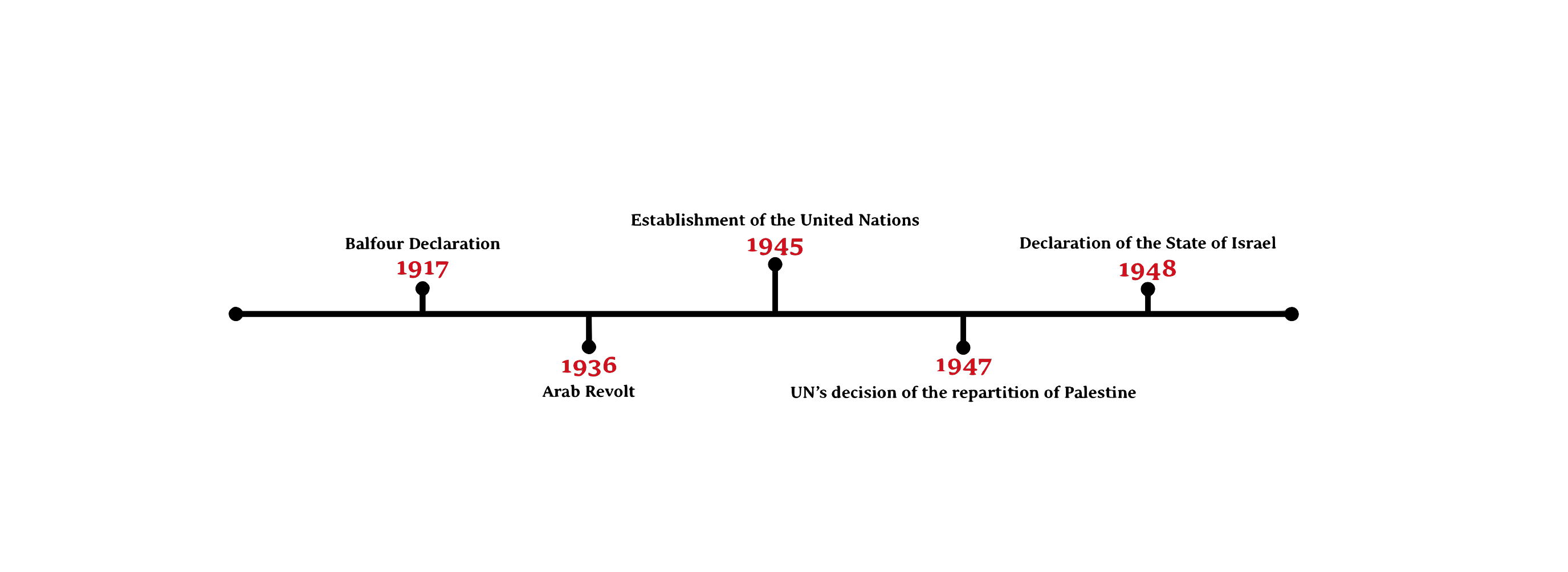Edited By: Karim Moataz
Photo Taken By: Farida Yassin
Before there was the state of Israel, and long before the Nakba of 1948, Palestine was a vibrant land with a rich culture and history that was a complex mixture of the various civilizations that lived there; including Ancient Egyptian, Canaanites, Israelites, Assyrians, Babyloninas, Persians, Greeks, Romans and Ottomans.
The declaration of the state of Israel in 1948 and the displacement of 700,000 Palestinians, as well as the ensuing Arab-Israeli wars that emerged after that marked a turning point in the geopolitical landscape of the region. It also marked a turning point for Palestinians and life as they once knew it.
Palestinians and their ancestors valued agriculture, most notably olive groves, citrus orchards and vineyards.
“Its population was largely agrarian, but it had a significant urban professional class as well. Its people spoke Arabic and had large networks throughout the Levant and in many cases all the way into Egypt,” Steven Salaita, an English and Comparative Literature professor at AUC, tells The Caravan.
The traditionally agrarian Palestinian society stood witness to religious history, with Bethlehem in the West Bank being the birthplace of Jesus and David. It is also home to Al-Aqsa Mosque, which holds religious significance for Muslims. The rich spiritual history makes Jerusalem a particularly important city to Jews, Christians and Muslims alike.
“Jerusalem was previously known as ‘The Holy Land’ and sometime before that as ‘The Kingdom of Heaven;’ it was always regarded as the one place on Earth touched by divinity, promised by God. Muslims, Jews, and Christians alike sought Jerusalem as their home and had lived side by side for decades if not centuries,” explains Nada Wael, who has a master’s degree in Sociology and Anthropology from AUC.
Historically, the region saw two Israelite kingdoms before the Assyrians conquered it in the eighth century, then the Persians, and later on Alexander the Great. The old city became a mecca for religious scholars and pilgrims in the fourth century after Rome took control of the area in 63 BCE. Later on, after the Muslim conquests, the Umayyds built the famous Dome of the Rock and Al-Aqsa Mosque. The Crusaders gained control of the Jerusalem area in 1099 and established the Kingdom of Jerusalem, only for the Ayybis to reconquer it back in 1187, and the Mamluks finally reunited Palestine in 1260.
That complex religious history and heritage allowed Palestine to enjoy a diverse society of well before 1948.
“Palestine was about 20 percent Christian with smaller religious minorities. The Muslim majority was overwhelmingly Sunni. Being the birthplace of Christianity and the home of Jesus has always been a big influence on Palestinian identity,” explains Salaita.
That diversity, its religious history and the iconic sites and monuments it holds led to a thriving intellectual scene.
“Palestinians established several schools that educated generations and instilled a strong sense of nationalism in their graduates: for example, the Dusturiyah School founded by Khalil Al Sakakini,” said Pascale Ghazaleh, chair and associate professor of history at AUC.
The school was founded in 1909 in Jerusalem and is named after the Ottoman constitution of 1908. Al Sakakini was a scholar born in 1878 and who believed in Arab nationalism. He was a progressive teacher who adopted a modern system that integrated music and sports with traditional education. He was forward thinking and had often warned of the dangers of Zionism.
Palestine also boasted a vibrant artistic scene, with artists like the composer, oud player and poet
Wasif Jawhariyyeh producing timeless work that lives as part of the Palestinian heritage until today. Jawahriyyeh, who was born in 1897, chronicled his life in Jerusalem, serving as a crucial and articular witness to the changes taking place from his birth and until his death in 1972, explains Ghazaleh.
While the legacy and heritage remains alive in Palestinians’ minds and memories, many of the important monuments that stood witness to history, including olive trees reaching thousands of years of age, were destroyed amidst the conflict and under the occupation.
